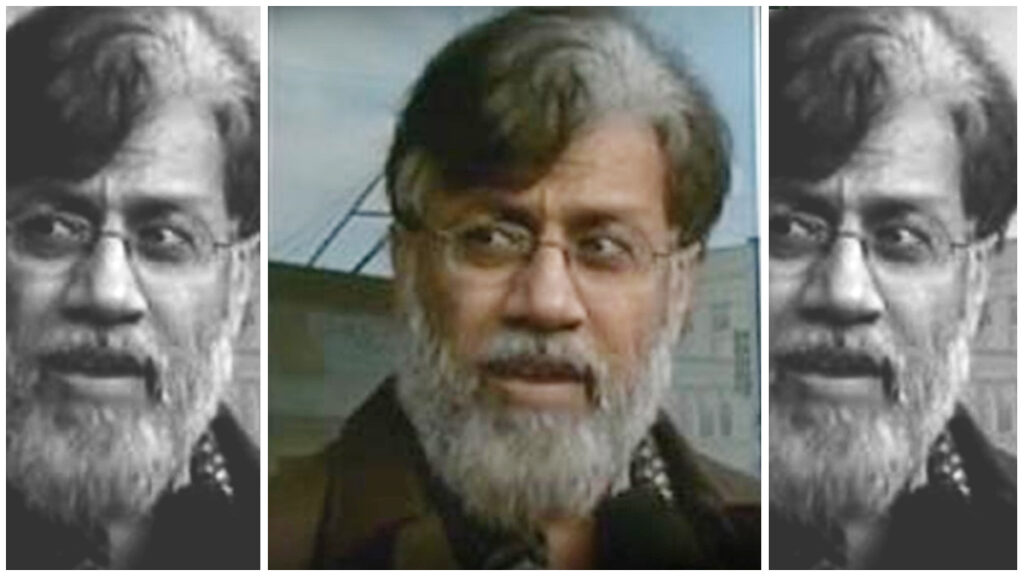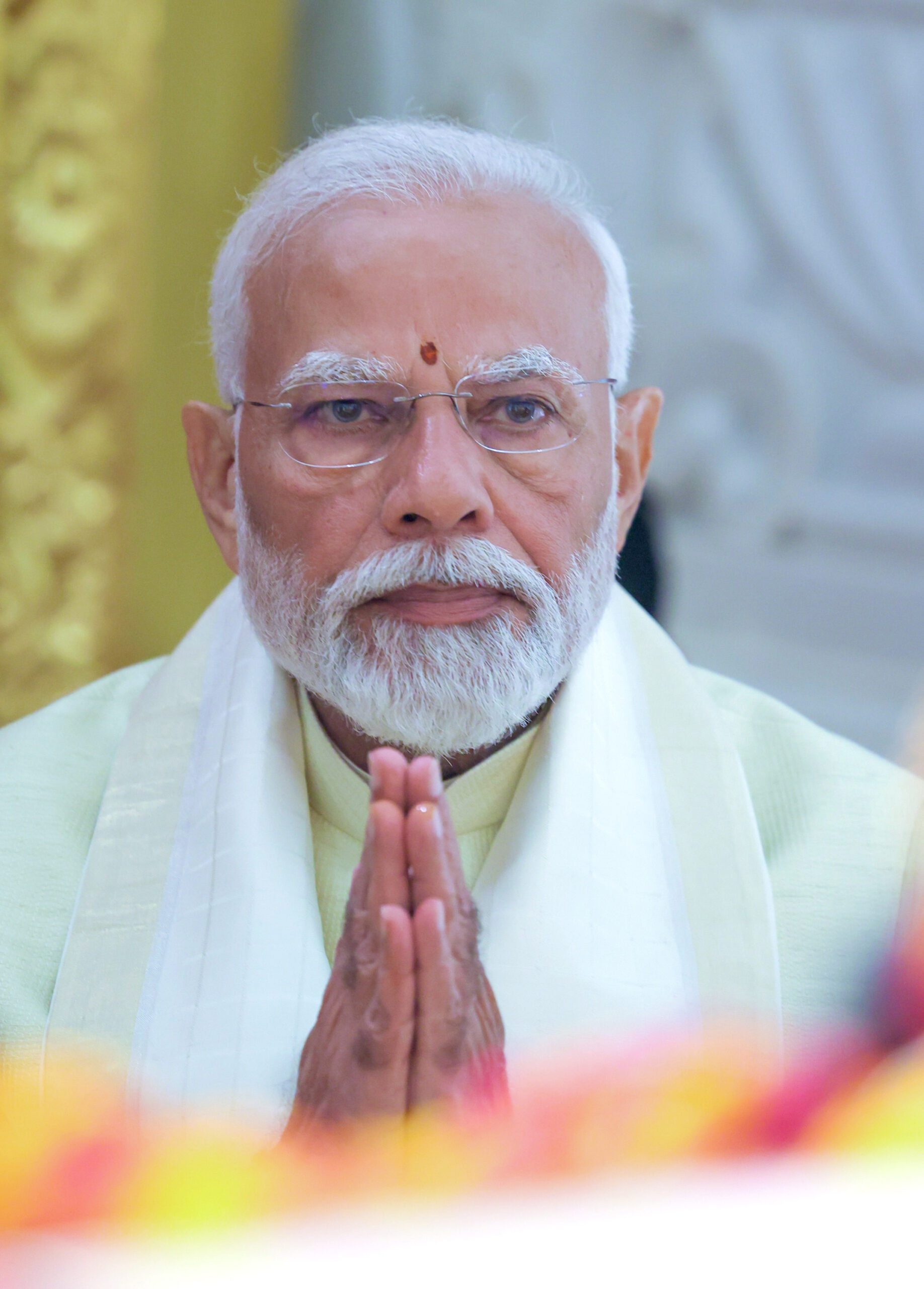
Tahawwur Rana, a Canadian businessman of Pakistani ancestry, will remain in the United States while a federal judge in Los Angeles considers whether he should be extradited to India for his alleged role in the 2008 Mumbai terror attack. Tahawwur Rana’s in-person extradition hearing was held in the Los Angeles court of magistrate judge Jacqueline Chooljian, at the request of the Indian government. Chooljian gave the defence attorneys and prosecutors until July 15 to file additional documents.
According to the Associated Press, Rana, who had his ankles shackled, attended the hearing wearing a white jumpsuit, black glasses, and a mask. The hearing was attended by Rana’s two daughters. They turned down the offer.
India claims Rana conspired with his childhood friend David Coleman Headley to help the Pakistani terror group Lashkar-e-Taiba plan the 2008 Mumbai terror attacks, which killed 166 people, including six Americans, and injured over 200 others.
Prosecutors claim that between 2006 and 2008, Rana’s immigration law centre in Chicago, as well as a satellite office in Mumbai, was used as a front for their terrorism activities. Rana’s lawyers claimed that their client was unaware of Headley’s terrorism plot and was only attempting to assist a childhood friend by establishing a Mumbai business office.
They also claimed that Headley is a serial liar who has deceived the US government in a number of criminal cases, and that his testimony should not be taken seriously. Headley allegedly used Rana to further his terrorism efforts without Rana’s knowledge, according to the attorneys.
Headley, 60, was appointed as an approver in the case and is serving a 35-year sentence in the United States for his role in the attack. Rana has argued that he has already been convicted by a US court in Chicago and thus should not be extradited to India.
However, US prosecutors were unable to show that Rana was a direct supporter of the Mumbai attacks. In court papers, Rana’s defence attorneys argue that extraditing him to India would be tantamount to double jeopardy because he was acquitted of the Mumbai-related charges in the United States.
The only one of the ten terrorists who survived and went on trial was Ajmal Kasab. Kasab was found guilty and sentenced to death in India, where he was hanged.






